Could you first introduce yourself to the reader?
My name is Thea, I am a jewellery designer-maker and owner of my brand, Toilworn. Oh, and I love cats. That's relevant.
What does your creative career involve? Give us the typical outline of a day?
It's just me in the business, so I do everything from designing the jewellery, finishing and polishing, to packing, shipping and pretty much anything else you can think of!
I work in batches so I'll spend a month or two making a large amount of jewellery to release on my website. In the few days before a release, you'll find me updating the site; uploading new product photos and writing descriptions for my self-imposed deadline.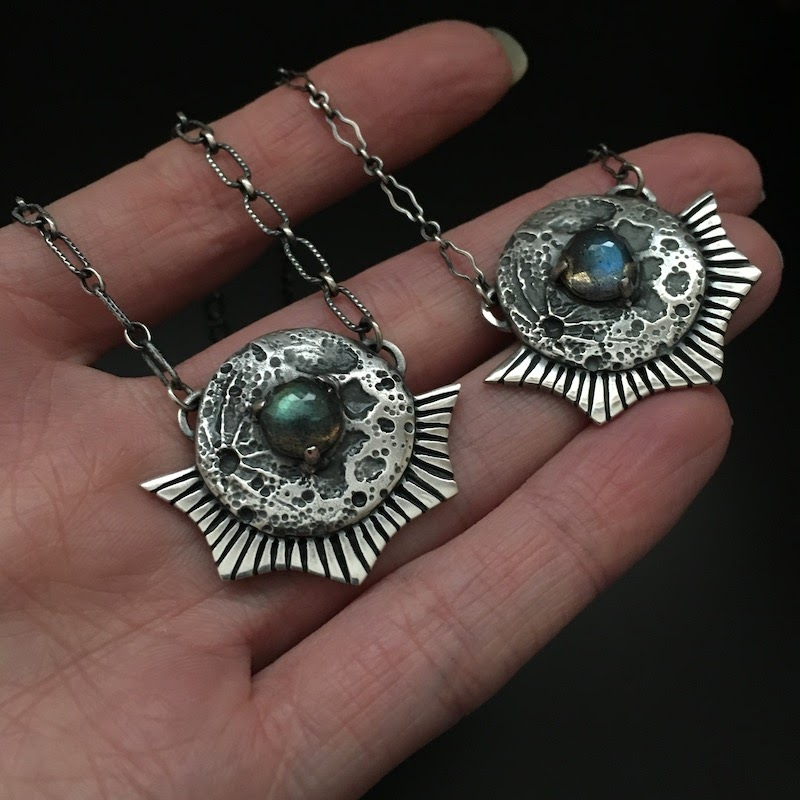 Thea's handcrafted creations
Thea's handcrafted creations
What does being a jeweller mean to you?
It's about making something with my hands that someone will connect with and hopefully cherish. It's a beautiful medium in which to explore symbolism and meaning. It's about creating with materials that will probably outlast me. I like to imagine a future archaeologist digging up a piece on my work and wondering who made it, who wore it and what it meant to them. Either that, or someone will melt it down to make a new piece of jewellery, or cash it in... both are very real possibilities! And I don't mind that either.
What’s great about your job?
So much. Making something tangible that simply didn't exist before, the variety of the work, and connecting with my customers, to name a few.
Being self-employed means I can choose what aspects of the job I want to do and what I should outsource. I outsource the casting process, which is highly skilled, and involves molten metal; not ideal for my spare bedroom workspace! And I also get to work with other creatives who photograph, model and style the finished work.
But the most rewarding part is making something that really resonates with other people. To have other people connect with something you've made is incredibly fulfilling.
What are the bits you don’t like or find challenging?
I'd say there's not much I don't like, even the least exciting tasks I really try to appreciate because it's all part of doing what I love. But making a large batch of pieces can be SO exhausting! Listening to podcasts or music whilst I work can help get in the zone for those repetitive manual tasks, and once complete is a real sense of achievement.
I find in-person events like craft shows a bit anxiety-inducing. But the internet allows makers to choose how much effort to put into online and in-person selling which means us introverts can find our happy medium.
Do you think there are any misconceptions about your job?
Of course. Unless you've tried a specific craft or creative process people often can't appreciate all the time and steps involved. There's been a real resurgence and newfound appreciation for handmade in recent years though. I think this can be attributed to artists sharing more of their process on social media, the desire for sustainability and supporting independent businesses. All great things.
What are the highlights of your career to date?
Starting (and keeping!) my own business. That very first order from a complete stranger. My first wholesale order.
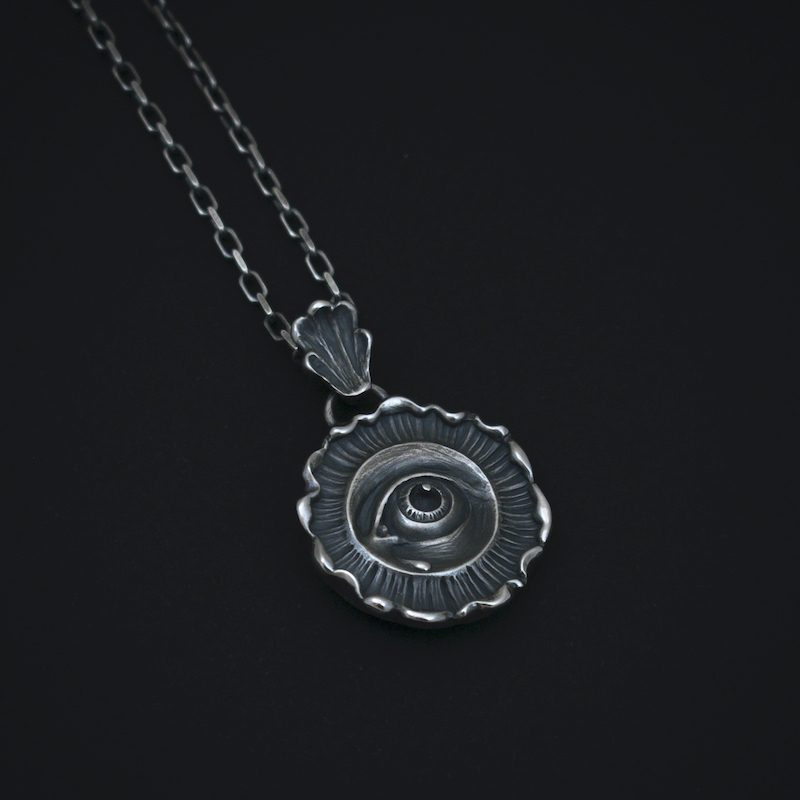 'Gentle Wrath' necklaceWhat was your career path into this job? Have you also worked outside the arts?
'Gentle Wrath' necklaceWhat was your career path into this job? Have you also worked outside the arts?
I was never one of those children or teenagers that knew what they wanted to do, I suppose I always assumed it would be in a creative field but I didn't give it much thought and I wasn't particularly ambitious. After school I had a job delivering leaflets, it was hard work, I walked bloody miles each day! But I was really physically fit thanks to that. It was around this time, aged 21 that I took an evening class in jewellery making. My mum, noticing that I took a somewhat mild interest in this, encouraged me to pursue it further (thanks mum).
I got a place on the 2-year Jewellery and Silversmithing HND course at Birmingham School of Jewellery and I was completely hooked. When the course finished I managed to get a short work placement at a jewellery manufacturing company. But when that ended I was unable (or perhaps not confident enough) to try to find further work in the field.
I spent the next 10 years working as an office manager. I did continue to draw and paint in my spare time and sold quite a lot of that on the side, but I was dying to make jewellery again with the hope to work for myself. I dedicated my spare time to relearning jewellery making skills, saved as much of my income as possible to purchase the necessary equipment and successfully launched my business in 2015.
Can you describe your biggest challenge so far in your career? How did you overcome it?
For me, the most challenging part of being self-employed is having belief in yourself. Imposter syndrome is very real. But actually, I've come to learn that most people feel like this, even if from the outside it looks like everyone else knows what they're doing. They do not.
Having confidence is important, but it can also be something you can gain along the way. Making mistakes is part of the process and you can't beat yourself up about it, just learn what you can do better next time. It's also crucial to celebrate every small achievement and to just keep going. I think a lot of successful people are simply those that stuck it out; that didn't give up on themselves.
Have you noticed any changes in the industry? If so, what?
15 years ago when I finished my course it felt like a tough industry to get into, and at the time it didn't really occur to me that you could actually be a self-employed jeweller. The internet has changed everything, the ability to open a shop online and find a market through social media has changed the landscape for designer-makers. That just didn't exist 15 years ago.
You’ve been granted the ability to send a message to 16-year-old you. What do you say?
It's ok if you don't know precisely what you want to do with your life, just go out and explore as much of everything you can. Absorb it all. Don't be hard on yourself to find your thing, but when you find it; that thing speaks to you, recognise that feeling and run after it with all your heart and soul. Don't listen to your doubting voice or anyone that says you can't do it.
Do you have any advice for young people interested in doing your kind of job?
If you're interested in jewellery or any craft that has a variety of specialised techniques, go and find a way to try it out; an evening class or foundation course. Don't be shy.
If you find something you like, pursue it further. Apprenticeships and HND courses give you practical experience and invaluable hand skills. Some skills you can learn from trial and error and online resources, but being shown certain techniques in person will save you a lot of time... and tears. You will make connections and really feel like part of the history of the craft – having been passed down those traditional skills.
Also, if you need to work in other industries before pursuing your passion, that's ok, you will gain other skills from those jobs that will prove invaluable. But don't forget your dream, and know that you can take steps to alter the course of your career and life at any time.
You can find Toilworn jewellery here.
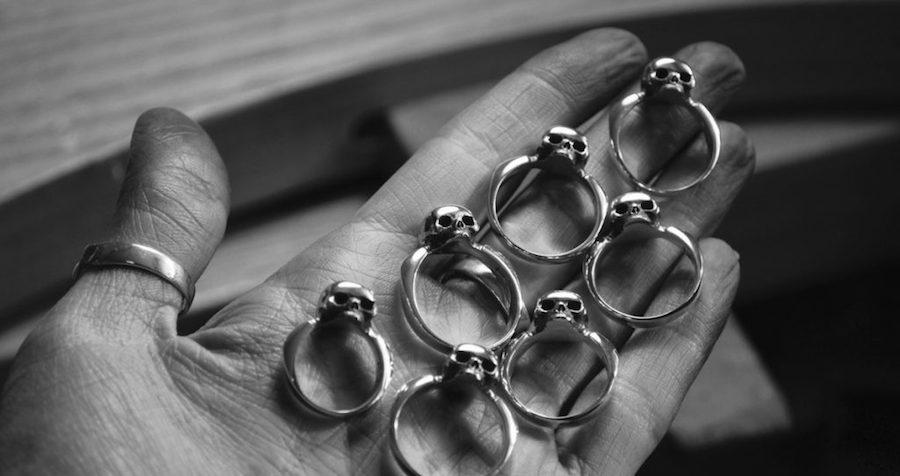

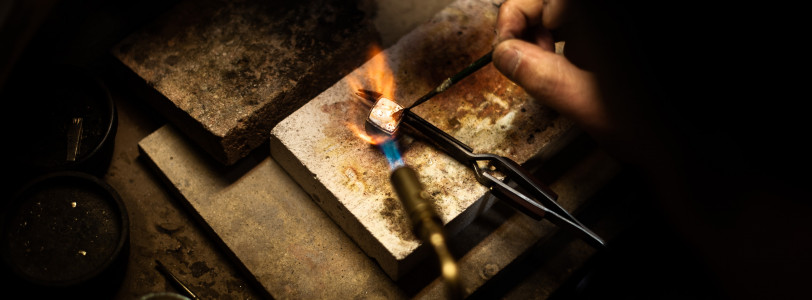
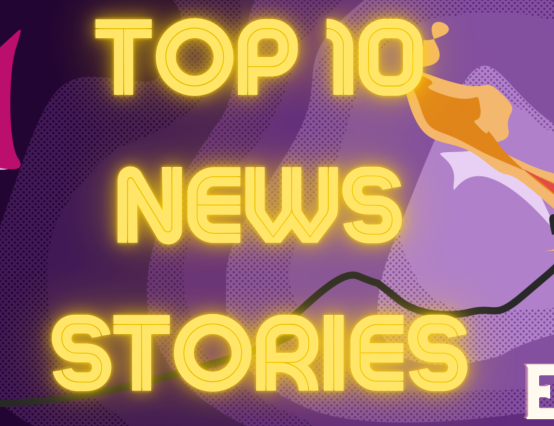
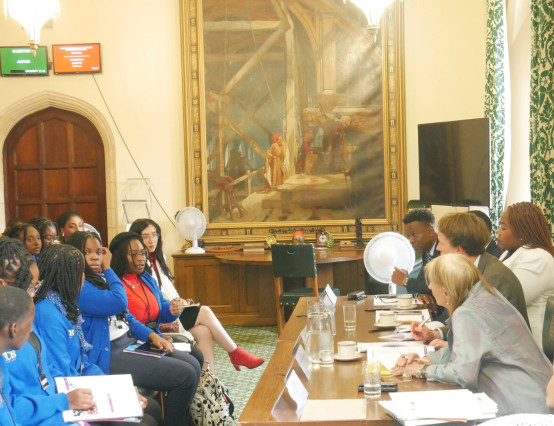




0 Comments